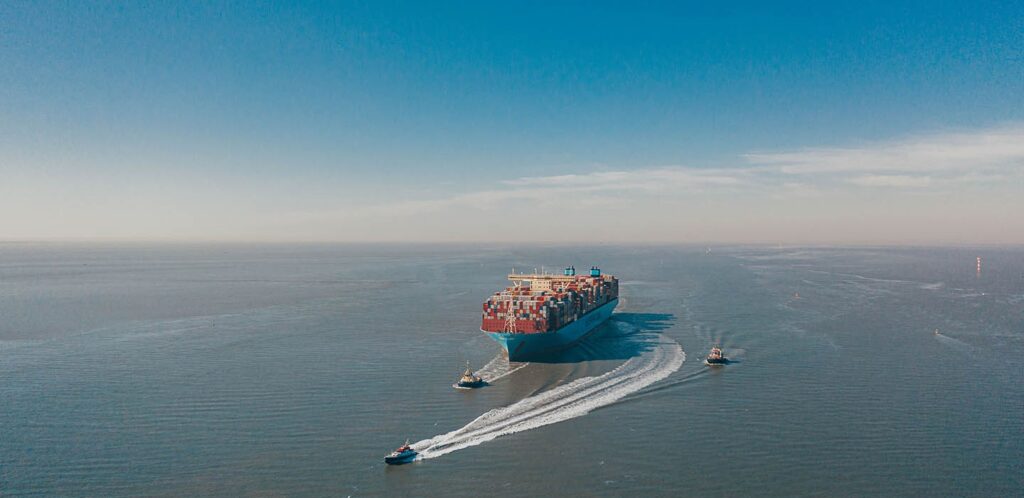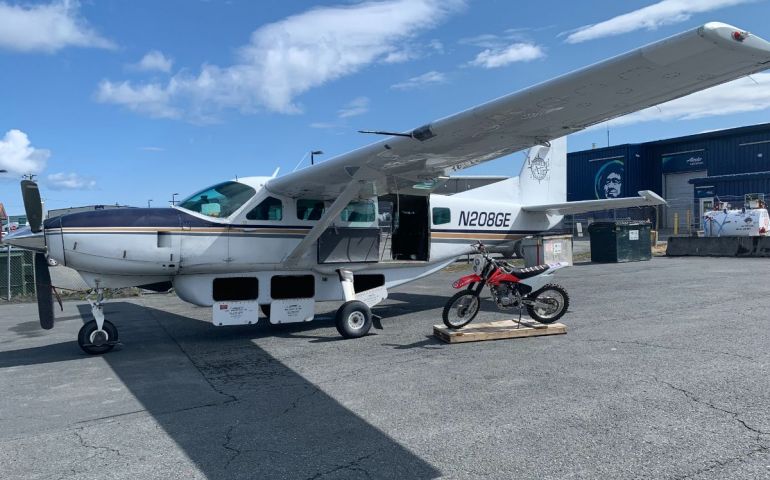- By Della tj
- October 29, 2025
- Shipping, Special Price
Shipping small cargo volumes can be challenging for businesses that don’t need a full container. Fortunately, cheap LCL shipping from Shenzhen to Belgium offers a cost-effective, flexible, and reliable solution. This method lets you share container space, minimizing costs while maintaining efficient transit and professional logistics management.
What Is LCL Shipping and When Should You Use It?
LCL (Less than Container Load) shipping allows multiple shippers to share space in one container. Instead of paying for an entire 20ft or 40ft container, you only pay for the space your cargo occupies.
Ideal for:
- Small or medium shipments (1–15 CBM)
- Regular but low-volume export needs
- Businesses testing new markets
Benefits:
- Lower freight costs
- Weekly sailings from Shenzhen
- Reduced warehouse pressure
For example, a 2 CBM shipment from Shenzhen to Antwerp might cost USD 90–120, compared to over USD 600 for a full container.
How Much Does Cheap LCL Shipping from Shenzhen to Belgium Cost?
The cost depends on volume, weight, and destination. Below is a comparison of average rates:
| Volume (CBM) | Estimated Cost (USD) | Transit Time (Days) | Mode |
|---|---|---|---|
| 1–3 CBM | $90–130 per CBM | 30–35 | Sea Freight |
| 3–10 CBM | $80–100 per CBM | 30–35 | Sea Freight |
| 10–20 CBM | $70–90 per CBM | 28–32 | Sea Freight |
| Rail Freight | $120–150 per CBM | 20–25 | Rail Freight |
| Air Freight | $6–9 per kg | 5–8 | Air Freight |
Tip: Sea freight remains the cheapest method, while rail freight provides faster delivery for time-sensitive goods.
What Are the Main Routes and Ports for Belgium Shipments?
Shenzhen’s key terminals—Yantian, Shekou, and Chiwan—connect directly to Belgium’s Antwerp and Brussels ports.
Typical routes:
- Sea LCL: Shenzhen → Singapore → Rotterdam → Antwerp
- Rail Freight: Shenzhen → Chengdu → Duisburg → Brussels
- Air Freight: Shenzhen Bao’an → Brussels Airport
| Mode | Route | Transit Time | Frequency |
|---|---|---|---|
| Sea LCL | Shenzhen–Antwerp | 30–35 days | Weekly |
| Rail LCL | Shenzhen–Brussels | 20–25 days | Weekly |
| Air Cargo | Shenzhen–Brussels | 5–8 days | Daily |
Result: For non-urgent, cost-sensitive cargo, LCL sea freight remains the top choice.
What Documents Are Required for LCL Shipping?
To avoid customs delays, always prepare accurate paperwork.
| Document | Purpose |
|---|---|
| Bill of Lading | Proof of shipment and ownership |
| Commercial Invoice | Declares item value and details |
| Packing List | Describes cargo packaging |
| Certificate of Origin | Confirms manufacturing country |
| Import License | Needed for controlled goods |
| Customs Declaration | For EU import tax processing |
Recommendation: Double-check HS codes and ensure values match between invoice and packing list to prevent clearance issues.
How to Reduce Costs for LCL Shipping
Cost optimization requires strategy and timing.
Practical methods:
- Consolidate shipments to reach optimal CBM volumes.
- Plan bookings early—rates rise near holidays.
- Choose reliable forwarders to avoid hidden fees.
- Negotiate volume discounts with repeat shipments.
- Avoid peak export seasons (before Chinese New Year, Golden Week).
Example: A company exporting furniture parts saved 18% by consolidating two orders into one 8 CBM shipment.
Real Case Studies of LCL Shipments from Shenzhen to Belgium
Case 1: Electronics Accessories
Route: Shenzhen Yantian → Antwerp
Volume: 5 CBM
Cost: USD 450
Transit: 32 days
Result: Delivered on schedule, cleared in 2 days.
Case 2: Wooden Furniture Parts
Route: Shenzhen → Brussels (Rail LCL)
Volume: 10 CBM
Cost: USD 1,200
Transit: 22 days
Result: 25% faster than sea, ideal for mid-sized cargo.
These examples illustrate the balance between cost, speed, and reliability when choosing the right LCL mode.
Need a reliable logistics partner? Share your shipment details and we’ll provide a tailored quotation quickly and accurately.
How to Ensure Smooth Customs Clearance in Belgium
Belgium follows EU customs procedures, requiring precise documentation and correct HS classification.
Typical duty rates:
- Electronics: 2–4%
- Textiles: 6–12%
- Furniture: 2–6%
Steps for efficient clearance:
- Submit documents electronically in advance.
- Verify your EORI number is active.
- Work with a customs broker familiar with Belgian regulations.
- Pay VAT and duties promptly to release cargo faster.
On average, clearance in Belgium takes 1–2 business days for compliant LCL shipments.
Why Choose Shenzhen for LCL Shipping to Belgium
Shenzhen is one of China’s largest export hubs, offering strong logistics infrastructure, multiple ports, and efficient consolidation centers.
Advantages:
- Weekly sailings to major EU ports
- Seamless air and rail alternatives
- Experienced freight forwarders
- Competitive rates for small and medium businesses
Moreover, Belgium’s central European location makes it an ideal gateway to France, Germany, and the Netherlands, further increasing logistics efficiency.
Conclusion
In summary, cheap LCL shipping from Shenzhen to Belgium offers the perfect mix of cost-efficiency, reliability, and flexibility for growing importers. With strategic route planning, proper documentation, and experienced forwarders, your cargo will move smoothly across the supply chain—from Shenzhen’s ports to Belgium’s distribution centers.
By optimizing consolidation and choosing trusted logistics partners, businesses can minimize expenses, shorten transit time, and ensure safe delivery—turning every shipment into a competitive advantage.
Request a Quote
Need a tailored solution for your shipping from China?Let TJ China Freight Forwarder assist you with reliable, cost-effective service.
FAQ:
Q1.How long does LCL shipping from Shenzhen to Belgium take?
Usually 30–35 days by sea and 20–25 days by rail, depending on customs and route schedules.
Q2.What is the minimum shipment size for LCL?
You can ship from 1 CBM upward—ideal for small importers.
Q3.Are there extra fees besides freight cost?
Yes, destination handling and customs clearance fees apply at the Belgian port.
Q4.Can I track my LCL shipment in real time?
Definitely, most freight forwarders provide online cargo tracking systems.
Q5.What’s better for small cargo, air or sea LCL?
Sea LCL is cheaper, while air freight suits urgent or high-value shipments.




